Loading the player...
Personalized Assay Surpasses Limits for Detecting Tumor DNA in Breast Cancer Patients
Researchers at The Translational Genomics Research Institute (TGen) present a new method for a blood test called TARDIS for targeted visual sequencing for patients with curable disease that have not metastasized.
Great tests are lacking to track treatment response or detect residual disease, according to Muhammed Murtaza, MBBS, PhD, assistant professor at TGen.
Murtaza and computational scientist Bradon R. McDonald, PhD, wondered if a blood test for patient circulating tumor DNA (ctDNA) could address this gap.
ctDNA are fragments of DNA shed into the blood stream by tumors, which carry the same blood specific cancer mutations as the tumor cells and can monitor how much tumor is left in the patient, McDonald said.
However, ctDNA can be extremely low in nonmetastatic cancer patients. They integrated dozens of mutations to be able to detect tumor cells over tracking a single mutation for each patient.
In 33 patients with stage 1 to stage 3 nonmetastatic breast cancer, an average of 30 to 115 mutations were tested in each patient. Before the patients received treatment, the researchers detected ctDNA in every patient.
After neoadjuvant therapy, ctDNA levels were 6 times lower in patients with good response to therapy versus patients with residual disease.
"This suggests that TARDIS might be a good way to test for patients with residual disease," McDonald said.
Findings will be validated in larger clinical studies and trials and researchers are also automating and scaling the process to help more patients.
"We are really excited that TARDIS has the potential to really individualize clinical mgmt of patients with nonmetastatic cancer," Murtaza said.
Great tests are lacking to track treatment response or detect residual disease, according to Muhammed Murtaza, MBBS, PhD, assistant professor at TGen.
Murtaza and computational scientist Bradon R. McDonald, PhD, wondered if a blood test for patient circulating tumor DNA (ctDNA) could address this gap.
ctDNA are fragments of DNA shed into the blood stream by tumors, which carry the same blood specific cancer mutations as the tumor cells and can monitor how much tumor is left in the patient, McDonald said.
However, ctDNA can be extremely low in nonmetastatic cancer patients. They integrated dozens of mutations to be able to detect tumor cells over tracking a single mutation for each patient.
In 33 patients with stage 1 to stage 3 nonmetastatic breast cancer, an average of 30 to 115 mutations were tested in each patient. Before the patients received treatment, the researchers detected ctDNA in every patient.
After neoadjuvant therapy, ctDNA levels were 6 times lower in patients with good response to therapy versus patients with residual disease.
"This suggests that TARDIS might be a good way to test for patients with residual disease," McDonald said.
Findings will be validated in larger clinical studies and trials and researchers are also automating and scaling the process to help more patients.
"We are really excited that TARDIS has the potential to really individualize clinical mgmt of patients with nonmetastatic cancer," Murtaza said.
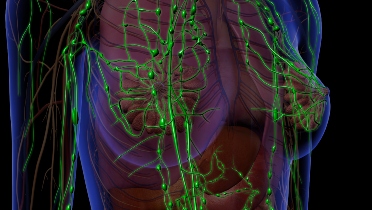
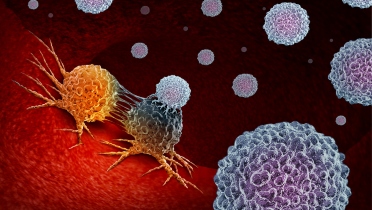
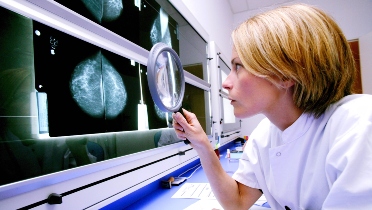
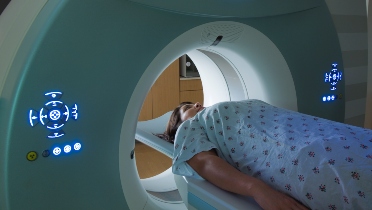
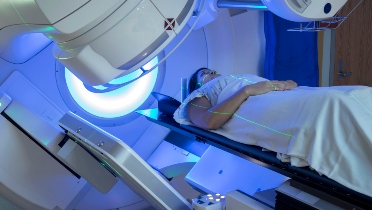



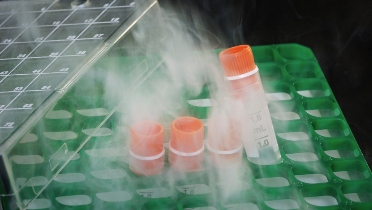







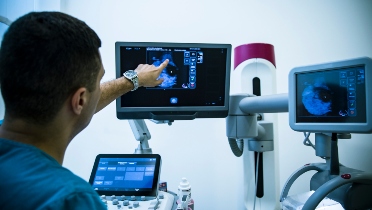

.jpg)
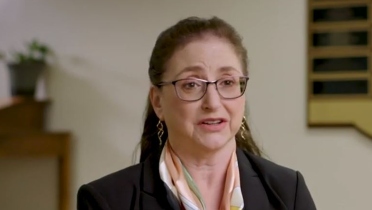
.jpg)
.jpg)
.jpg)

.jpg)
.jpg)

.jpg)
.jpg)

.jpg)
.jpg)
.jpg)
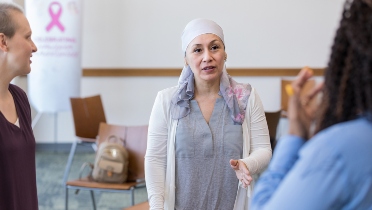
.jpg)
.jpg)
.jpg)

.jpg)
.jpg)
.jpg)
.jpg)
.jpg)
.jpg)
.jpg)
.jpg)
.jpg)

.jpg)

.jpg)
.jpg)
.jpg)

.jpg)
.jpg)
.jpg)
.jpg)
.jpg)
.jpg)

.jpg)
.jpg)
.jpg)



.jpg)
.jpg)
.jpg)
.jpg)

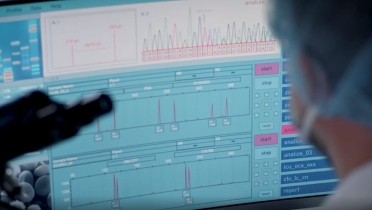
.jpg)
.jpg)

.jpg)
.jpg)
.jpg)

.jpg)
.jpg)

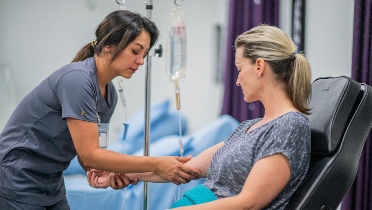
.jpg)
.jpg)
.jpg)
.jpg)
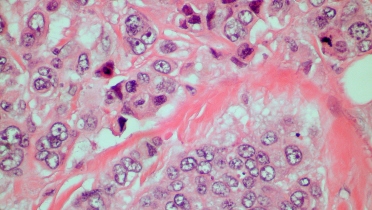
.jpg)
.jpg)
.jpg)
.jpg)
.jpg)
.jpg)
.jpg)

.jpg)
.jpg)
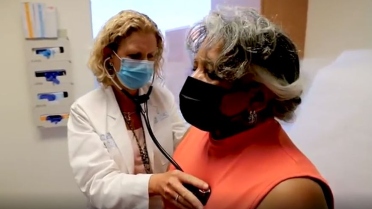
.jpg)
.jpg)

_.jpg)
.jpg)
.jpg)

.jpg)
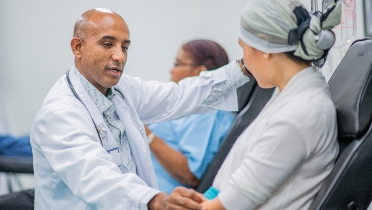
.jpg)
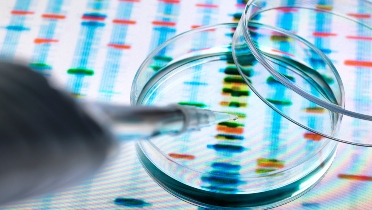
.jpg)

.jpg)
.jpg)
.jpg)
.jpg)
.jpg)
.jpg)
.jpg)
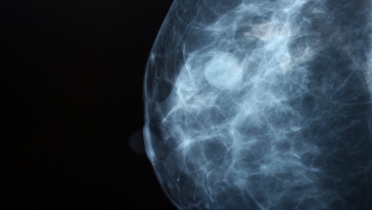
.jpg)

.jpg)
.jpg)
.jpg)
.jpg)
.jpg)
 Featured Breast Cancer Videos
Featured Breast Cancer Videos.jpg)